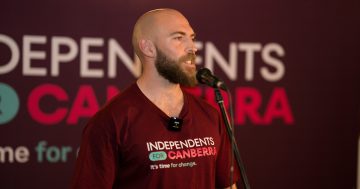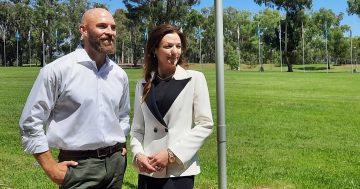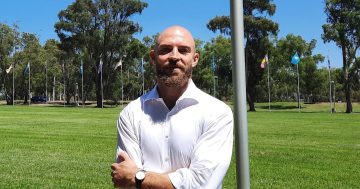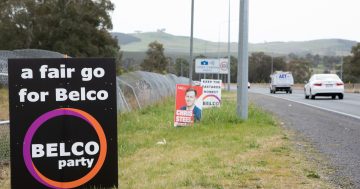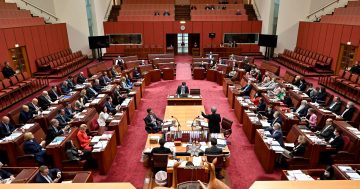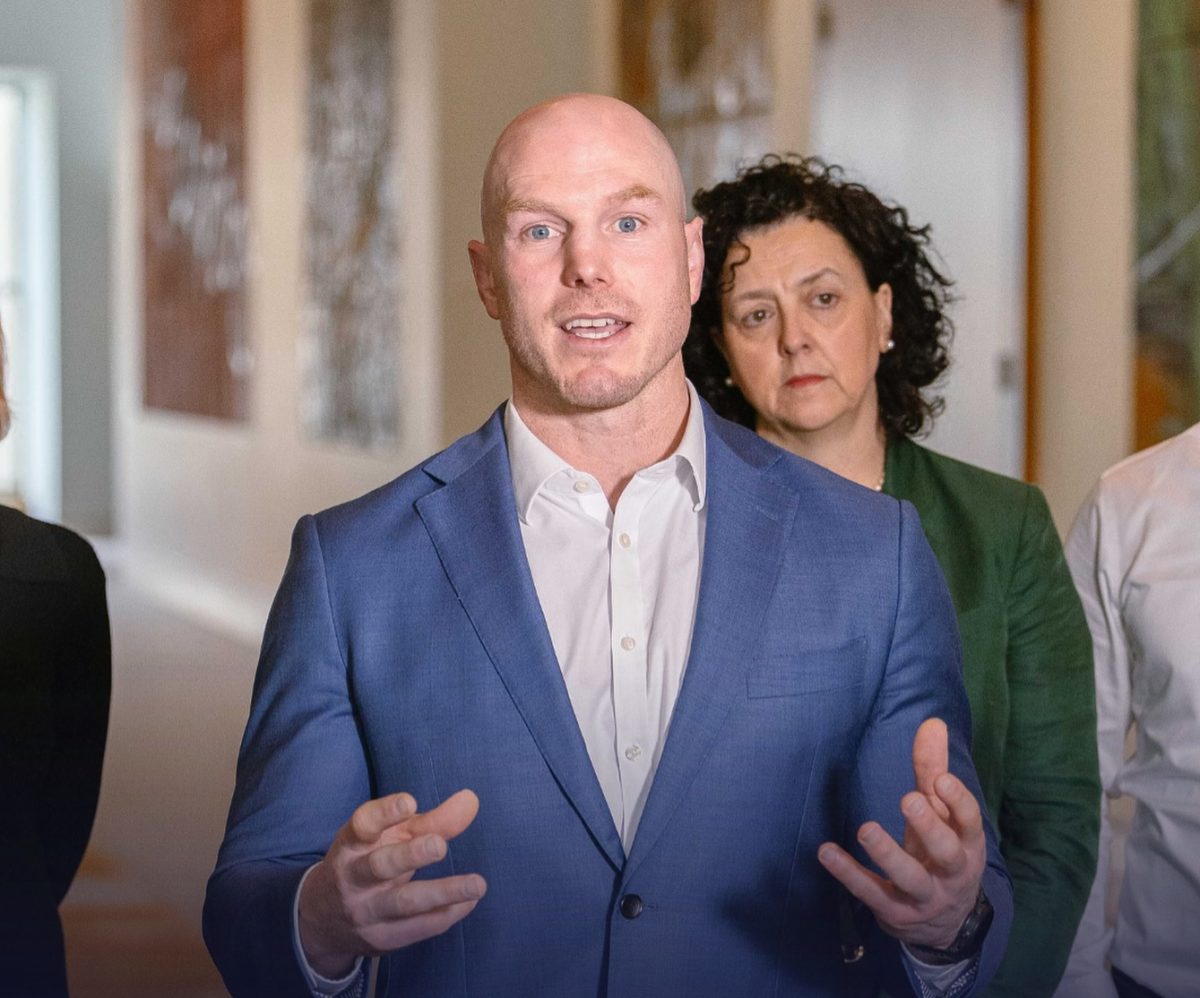
Senator David Pocock smells a rat with donation law reforms that sound appealing. Photos: Facebook.
The Federal Government’s proposed donation law reforms to get ‘’big money’’ out of politics have been criticised by independents, who say the policy is aimed at entrenching two-party dominance.
Finance Minister Don Farrell announced on Friday (15 November) that his party would introduce new legislation to limit political donations to $20,000 per candidate per year, and restrict the total amount spent on federal political campaigns to $90 million and $800,000 for an individual electorate.
The new laws would also increase the amount of taxpayers’ money used to reimburse political parties and candidates – up from $3.35 to $5 per vote they receive.
“Labor’s reforms will cap campaign spending, limit the disproportionate influence of big donors, and stop the arms race of donation drives and endless fundraising,” Mr Farrell said.
“Increased transparency of donations of over $1000, regular and accelerated disclosure, and real-time reporting of donations during election periods will shine a spotlight on who is contributing to our elected representatives and the political system.”
ACT Independent Senator David Pocock says that while this may sound appealing, the reforms would make it more difficult for minor parties and independents to win Labor and Coalition seats.
“I am deeply concerned that the legislation being introduced on Monday is a major party stitch-up that subverts parliamentary process and seeks to lock out more community independents,” he said.
“This would be terrible for our democracy and communities across the country looking for more grassroots representation.
“This is a secret deal cooked up between the major parties, who are clearly terrified of minority government. The government has shared no detail of this reform with us since June.”
Bill Browne, of think tank The Australia Institute, said caps on spending benefitted major party MPs already in parliament over candidates who chose to run against them at elections.
“Donation caps fail to prevent cash-for-access payments to ministers and shadow ministers,” Mr Browne said.
“Spending caps allow major parties to concentrate their spending on target seats, in effect allowing them to outspend independent candidates in that seat.
“Existing donation caps in Victoria have already concentrated power among a small group of people.”
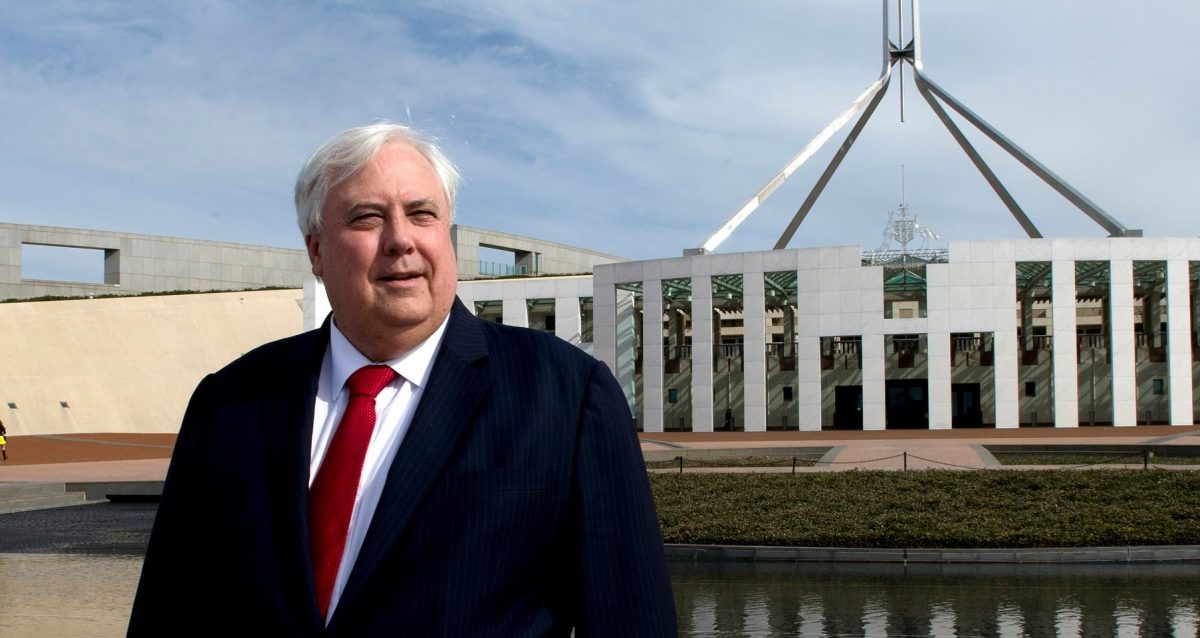
Clive Palmer’s United Party spent more than $120 million at the last federal election in 2022, something he wouldn’t be able to do under the government’s proposed reforms.
The Coalition is reportedly likely to support the government’s legislation.
Michelle Milthorpe, who is running as an independent in the Riverina-based seat of Farrer against Deputy Liberal leader Sussan Ley, has questioned the priorities of the major parties.
“In the midst of a cost-of-living crisis and a housing affordability emergency, it’s frustrating to see the only issue the major parties can agree on is one that entrenches their power and limits competition,” she said.
”Couple the cap with a significant increase in public funding for elections from $3.35 to $5 per vote, and it’s another example of the parties not being aligned with the real issues of the people they represent.”
Thomas Emerson, who was recently voted in as an independent at the recent ACT election, is less concerned.
“Although these proposed reforms may hamstring the efforts of independent challengers, support for the majors will continue to decline for as long as they prioritise entrenching their own power over becoming better representatives,” he said.
“Cynical attempts to suppress the independent movement may end up fuelling its growth – people are smarter than politicians give them credit for.”













